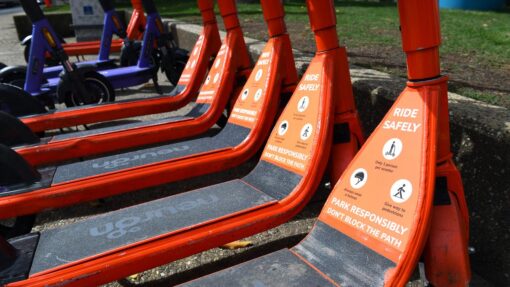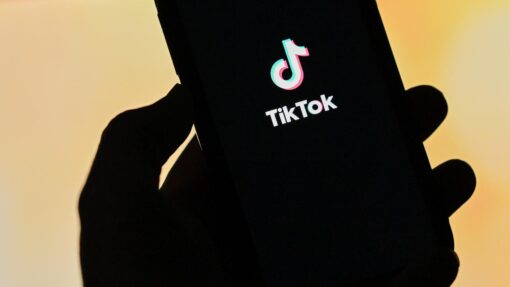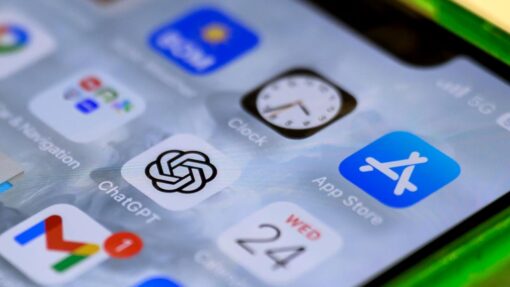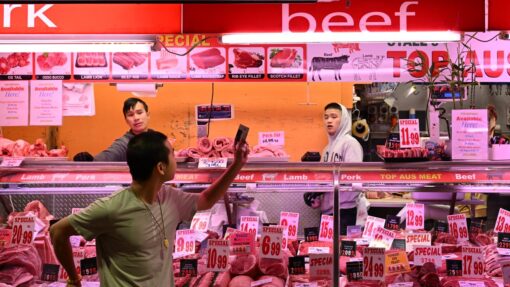Social media ban passes the test for school principals
Andrew Brown |

A ban on children using social media has the backing of primary school principals who are calling for tech giants to take more responsibility overseeing access to their platforms.
The federal government has written to groups representing parents and school principals about its proposal for children under 16 to be banned from social media, arguing it would have benefits similar to when mobile phones were removed from classrooms.
The age restrictions for social media platforms would benefit young people at home and in the classroom, Australian Primary Principals Association president Angela Falkenberg said.
Her association welcomed discussions on access to social media for young people and the necessary restrictions to ensure their wellbeing, she said.
“Primary school leaders witness the negative impacts of social media misuse among primary age children, including online harassment, bullying, inappropriate image sharing, and excessive screen time, all of which can harm their sleep, learning, and relationships.”

Ms Falkenberg said the peak body would look to work closely with the government on how online environments could be made safer and sustainable for teachers.
“We strongly advocate for social media platforms to take primary responsibility for regulating access, rather than placing the burden on parents or young people themselves,” she said.
The government will introduce laws to parliament setting up the ban during the final two weeks of parliament for 2024.
The proposed ban would extend to social media platforms such as Facebook, Instagram and TikTok, with YouTube set to be included.
Should the laws pass parliament, the ban would come into effect 12 months later.
Age verification trials are still under way to determine how the ban would be enforced.
Prime Minister Anthony Albanese said the year-long gap between the laws passing and the ban coming into effect would allow for the verification trial to be finalised.
“That’s why we’re doing a trial, to make sure that we get this right, to make sure there aren’t unintended consequences,” he told ABC Radio on Wednesday.
“We don’t pretend that this is easy. We don’t pretend that you can just flick a switch. We don’t pretend either that this will mean that there isn’t some getting around it.
“We’ve been clear as well that parents won’t be penalised, people won’t be penalised. The onus will be on these social media companies.”

If implemented, Australia would be the first country to have an age ban on social media.
Age restrictions would benefit students, Australian Government Primary Principals Association president Pat Murphy said.
“The use of social media sites by primary students is a constant concern for school principals and teachers with bullying being unregulated and prevalent, leading to widespread issues in communities which flows into schools,” he said.
Primary educators were witnessing firsthand that social media created distractions, impacted friendships and affected students’ sleep, Mr Murphy said.
“Our students are facing unprecedented challenges with social media influencing their self-esteem, relationships and concentration in the classroom.”
AAP


